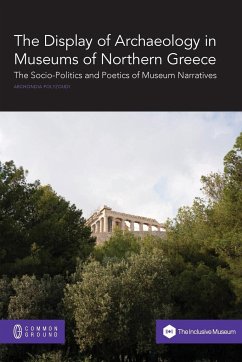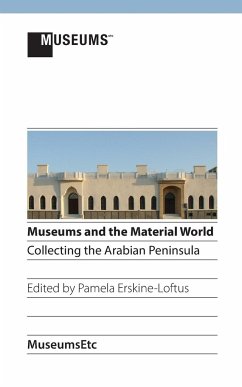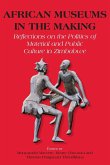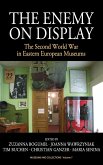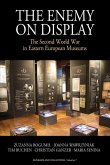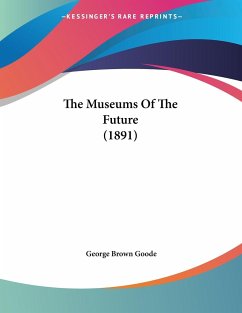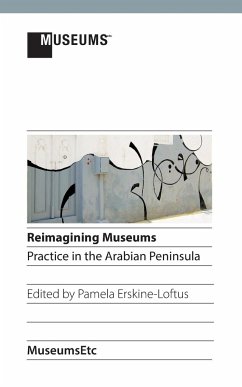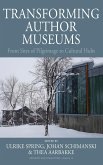This study takes an interest in exploring Greek museum representations of the past in relation to the intellectual histories of the archaeological accounts involved in the investigation of material culture. It is argued within this work that museum is place of power and a forum in which the knowledge of the past is created, interpreted and presented to the public and re-presented and re-interpreted due to the multiple narratives created by multiple recipients and heritage consumers. Also, this study is concerned with a thorough discussion examining how and by whom the action of 'making meaning', 'story-telling' or 'narrating past histories' is produced in archaeological discourses and museum representations; and what kinds of relationships and networkings are created by this process. To do this, an exploration of the roles of the 'actors', 'makers' or 'agents' involved in the 'writing' of past stories is undertaken in order to highlight alternatives in the ways of seeing, being in and acting within a framework where the past remains are managed and projected into the present. Concern is mostly taken to bring in cases from decentralized museums (not those in Athens), from the area of Northern Greece, in order to investigate museum practices and directions which have given new impetus to the formulation of museum policy in recent years in Greece. The critical analysis of the museum exhibitions of case studies is carried out by examining the museum as institution, as architecture and as narrative, as a way of seeking to understand its multiple roles (educational, historical, symbolic) in modern society, which serve as social formulations of socio-cultural knowledge.

